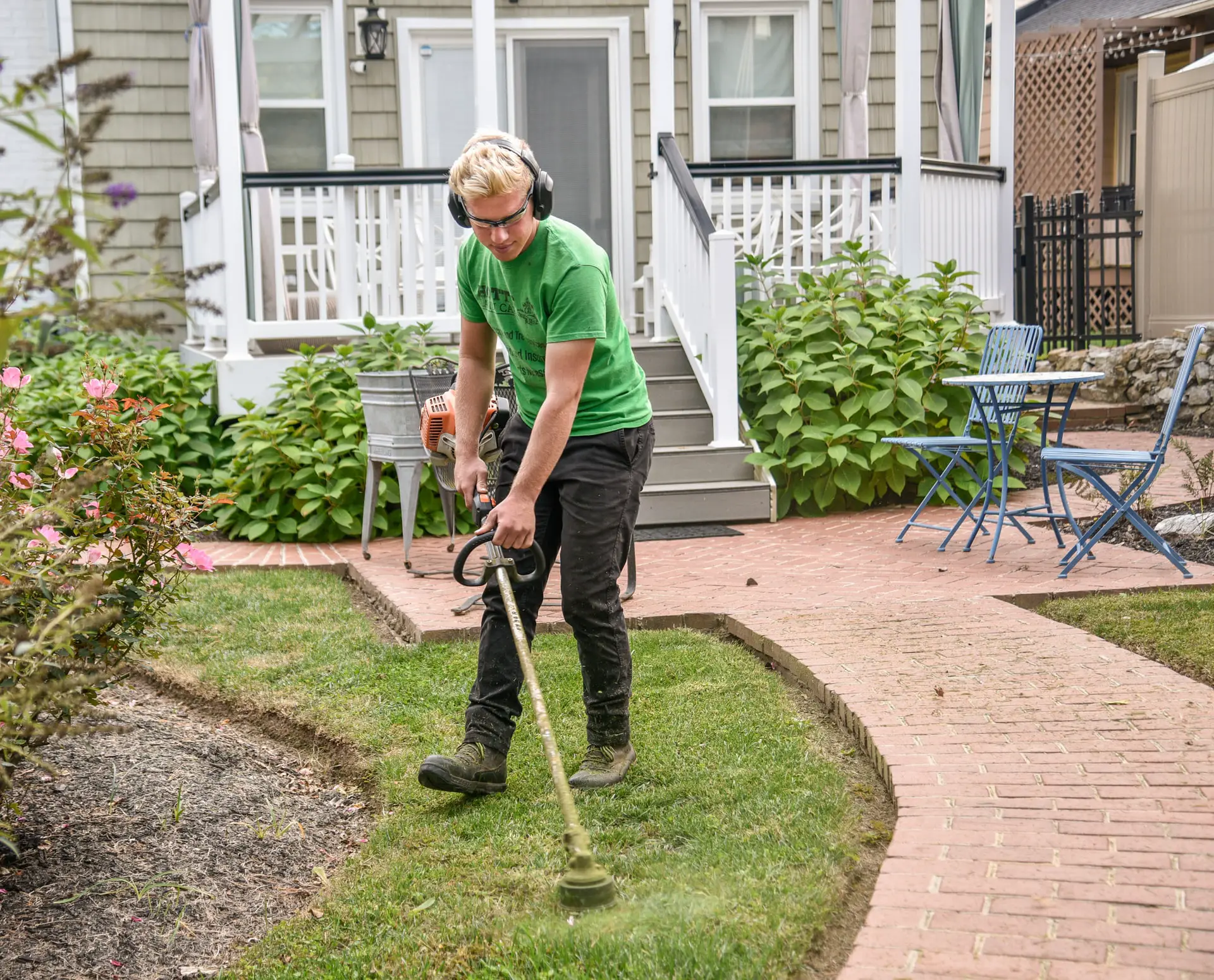Top tips for starting your own gardening business this spring
Gardening service companies offer a wide range of services from grass cutting and other maintenance work to complete garden design and landscaping. Our step-by-step guide will help you start and run your own gardening services business.
Research your target market
You will want to make sure that there is sufficient demand for your gardening service business in your area. Since starting a landscaping business is relatively inexpensive, you are likely to face competition from a large number of established businesses, ranging from small one-person businesses to large landscaping companies, as well as individuals.
Examine the competition in your neighborhood to determine how many companies already provide gardening services in your neighborhood. A review of local business directories, Yell.com and other web directories will give you an indication of how many competitors you will face. It is crucial to realize that there will be a number of small businesses that will not promote, other than by placing a poster in the window of a local store. Many people won’t even bother to do this and instead rely on word-of-mouth recommendations.
You may only compete directly with some of these companies since you will be focusing on a specific market segment or offering a particular service. A good example would be specializing in the supply and maintenance of hanging baskets and raised beds for residential and commercial customers. Alternatively, you can offer a service for the maintenance of indoor plants.
Examine the services provided by existing gardening service companies to see if they provide the following services:
the variety of services they provide, the prices they charge, and the geographic area they are willing to work in
If possible, try to find out what kind of reputation these companies have in your area.
It’s also a good idea to find out if your local authority offers a free garden maintenance service to elderly or disabled tenants, as this could be a strong competitor for your business.
Think about the value you offer and why customers would choose you
You will need to ensure that enough customers choose your business over existing competitors. When you do market research, you may discover a niche in the market that you can fill – for example, there may not be anyone in your area who provides basic garden maintenance services such as than hedge trimming, lawn mowing and digging to older residential customers. . You may discover an opportunity to brand your competitors’ customers by outbidding them on price or offering a better quality of service.
A good reputation for high quality work, value for money and reliability are extremely important, and it can be a powerful selling factor for a business. Not to mention the fact that many of your customers will be enthusiastic gardeners themselves but will not be able to complete the work they order from you because they are in physical pain or lack time. Their expectations will be high and they won’t be met if, for example, the grass is always messy because you don’t show up when you say you will when you don’t show up when you say you will. It is possible to generate significant word-of-mouth referrals from delighted customers by developing a reputation for providing high-level professional service of exceptional quality.
Explore your region
In the past, wealthier households were more likely to consider hiring someone to help with their gardening chores. Nowadays, however, demand for gardening services is likely to come from a wider range of consumers, such as those who are at work all day or retirees who need help with the most difficult tasks. . Thoroughly researching the area you will be operating in can help you discover the different types of properties and the types of people who live there, as well as the types of gardening services they might want. Consider the general condition of the gardens in your neighborhood: are they well maintained or do they look like they need a little TLC?
Build a business plan
In the early stages of a garden design or landscaping business, a business plan will allow you to assess the seriousness of your intentions by focusing your thoughts on things like marketing and advertising strategies, goal setting and public relations. While financial goals are important in your early years, how you judge your success won’t be based on them alone. For example, you can aim to establish a portfolio of designs for a variety of garden sizes. To do this, you may find yourself offering your talents at a discount or for free. Alternatively, you may have a strong desire to have a border or garden created at a gardening show you attended. Remember that meeting potential clients, even if it doesn’t lead to a contract, is a wonderful opportunity to improve your presentation and communication skills, which will benefit you in the future.
Find suppliers
Running a gardening business means you’ll need a range of equipment and supplies, from lawnmowers and gardening tools to seeds and plants. Before you jump in, do your research on wholesale horticulture supplies to ensure you get the best deals possible, which you can then pass on to your customers.
Collaborate with other companies
The ability to collaborate with other companies is a great way to develop new talent and fill knowledge gaps. Using this method is especially useful when dealing with tasks that make you anxious! It may be possible to find a heavenly encounter between two designers working together, one with exceptional expertise in materials and the other with knowledge in plant design. You may know someone who excels at grading or paving, while you are more comfortable with the landscaping process and interacting with clients in your area of expertise. Small business owners need to come together and rather than seeing other similar businesses as competitors, they need to look for areas where they can collaborate to make each other stronger.


Comments are closed.